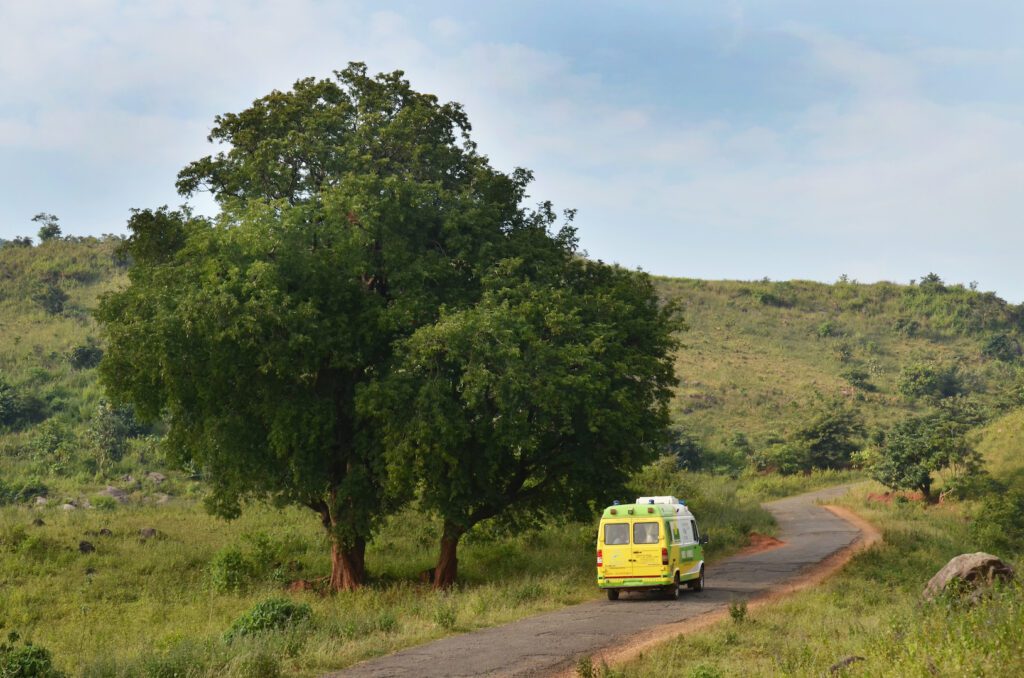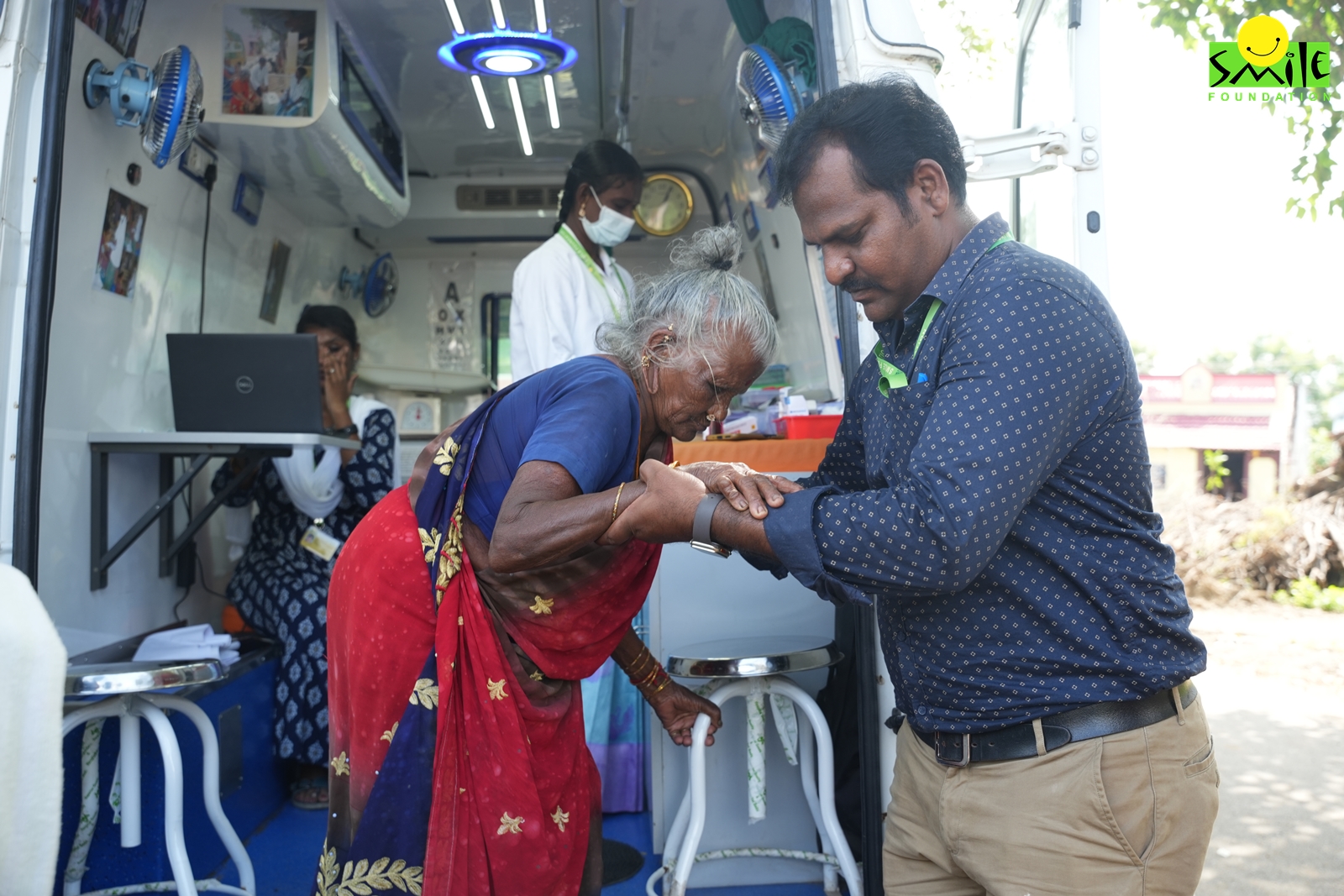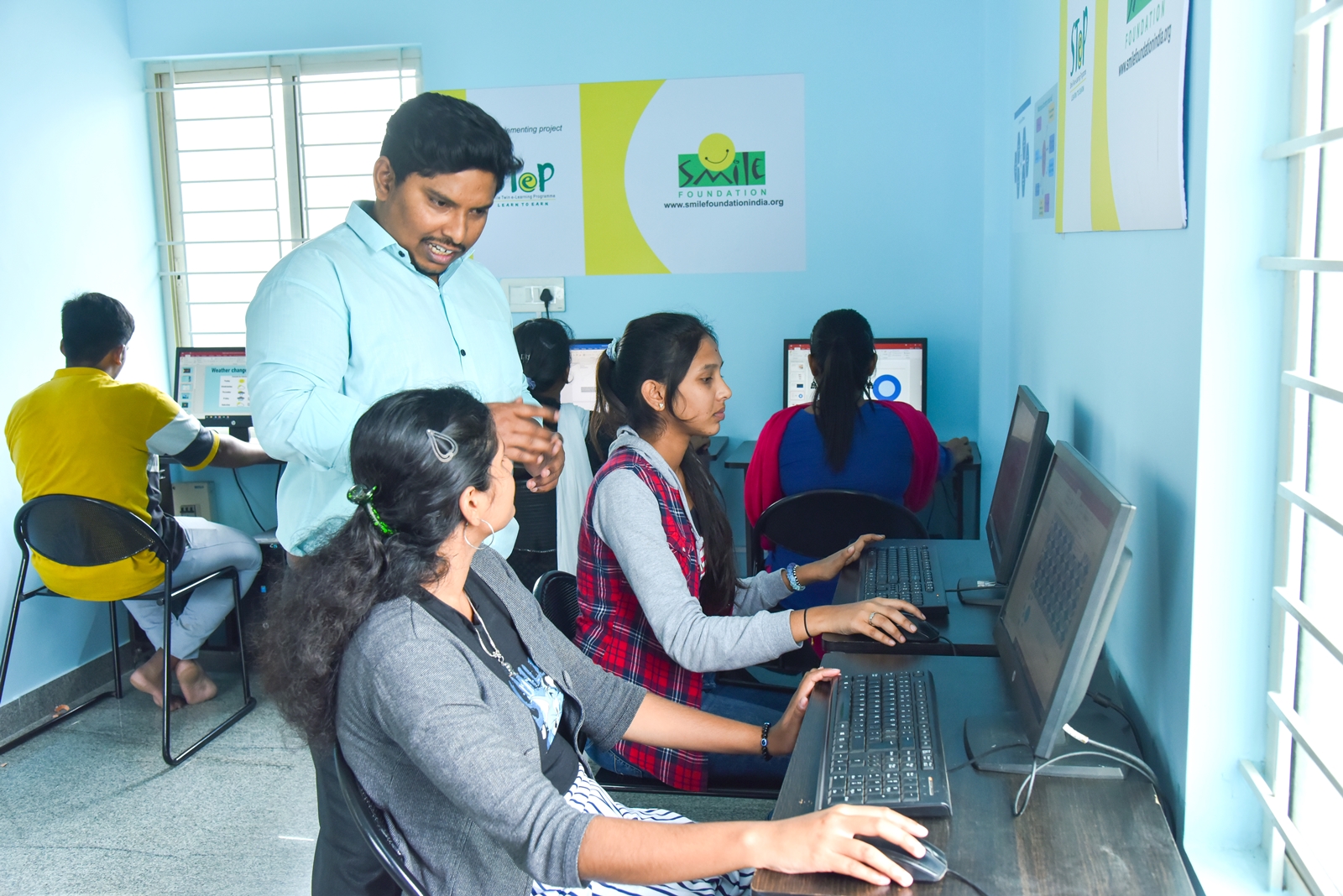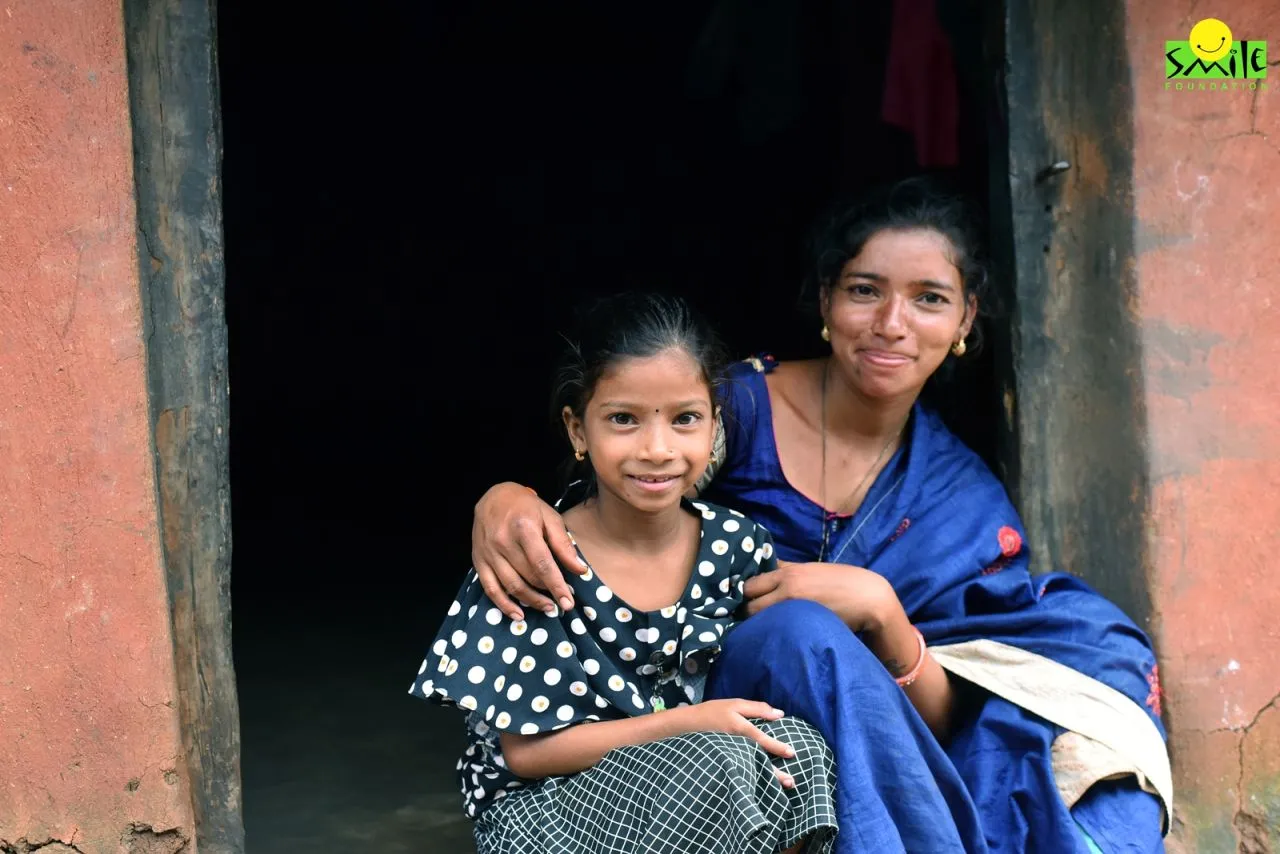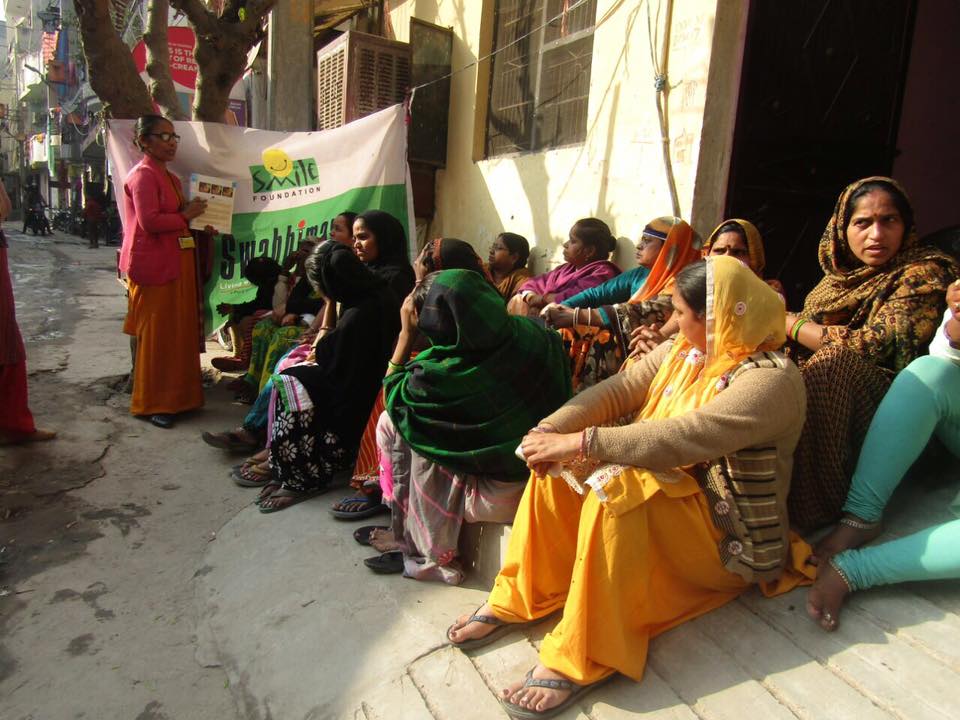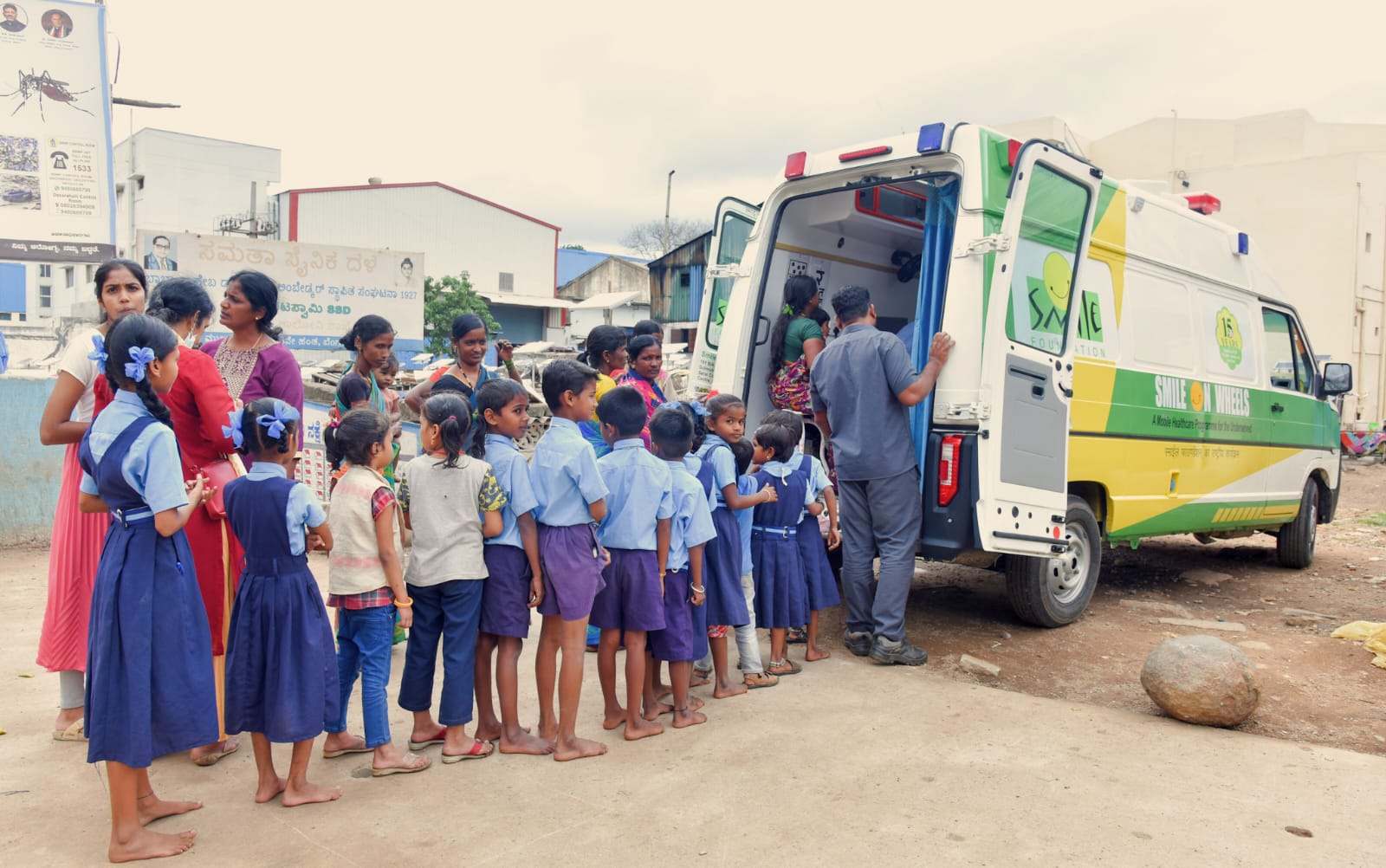With a population of more than a billion, delivery of good healthcare to every nook and corner of the country becomes complex and demanding. Sitting in metropolitan cities where we have access to world-class hospitals, one cannot imagine how difficult it is for a person living in a remote tribal belt of Arunanchal Pradesh, a hamlet in the middle of the Thar desert, or a village in the interiors of Bihar, to get the best medical care when in need. Why? Owing to some disturbing facts like these regions have on an average a whopping 3,000 people per doctor. Given the rough terrains, getting to the nearest hospital (setup miles away) is one of the biggest challenges faced by the inhabitants.
Unfortunately in our country, those with the greatest need of healthcare services have the greatest difficulty in accessing them, and are the least likely to have their healthcare needs met. There are many unreached rural regions across the country where there is a serious dearth of healthcare services. The hospitals are usually built in the city and very few doctors are appointed in these areas, leading to an extremely poor health scenario in the communities. There still exists a sizeable population in our country, which considers health to be largely a matter of chance and fate, rather than choice. Mostly it is because they really do not have a choice. The situation is no better for the urban poor, who have hospitals within reach, but are either left standing in the long queues outside public health facilities, or are unable to afford the huge fee charged by the private hospitals. For daily wagers, the situation becomes even more critical as they have to choose between earning a day’s wages, and taking a leave for a visit to the doctor – a difficult question for those living a hand-to-mouth existence.
In order to address the increasing healthcare concerns prevalent among the underprivileged population, it is important that we ensure effective reach of healthcare services for one and all. The idea is simple – if the people in these regions cannot reach a doctor due to unavailability, distance or other factors, the doctors can be made to reach them by means of mobile healthcare programmes/systems.
Delivering healthcare to full spectrum of the society
As per the Provisional Population Totals of Census 2011 in India, of the 1.21 billion Indians, 83.3 million people live in rural areas. Cities and towns with a population of 50,000 had a total of 42.6 million that is 22.6% of the urban population living in slums. A major proportion of these people stay in highly vulnerable surroundings that are overcrowded and have open drains, stagnant water and unhealthy drinking water. The deteriorating healthcare conditions in the underprivileged sections of the society is reflected in the poor healthcare indicators published in the National Family Health Survey (NFHS-3), which states that the Infant Mortality Rate was 42 per 1,000 live births in urban India.
According to a study conducted in an urban slum in the National Capital Region, there is high prevalence of risk factors (smoking, alcohol, lack of fiber intake in diet, physical inactivity, and obesity) that lead to non-communicable diseases. Even the availability of good government and private healthcare facilities in the urban areas, does not mitigate the risk factors as the urban poor remain deprived due to high cost and lack of proper assistance at these health care facilities. Creating an infrastructure where the health needs of every individual can be met through good hospitals and medical services will take time. Thus, mobile healthcare is the solution to delivering health services to the deprived and underprivileged urban and rural population in the country.
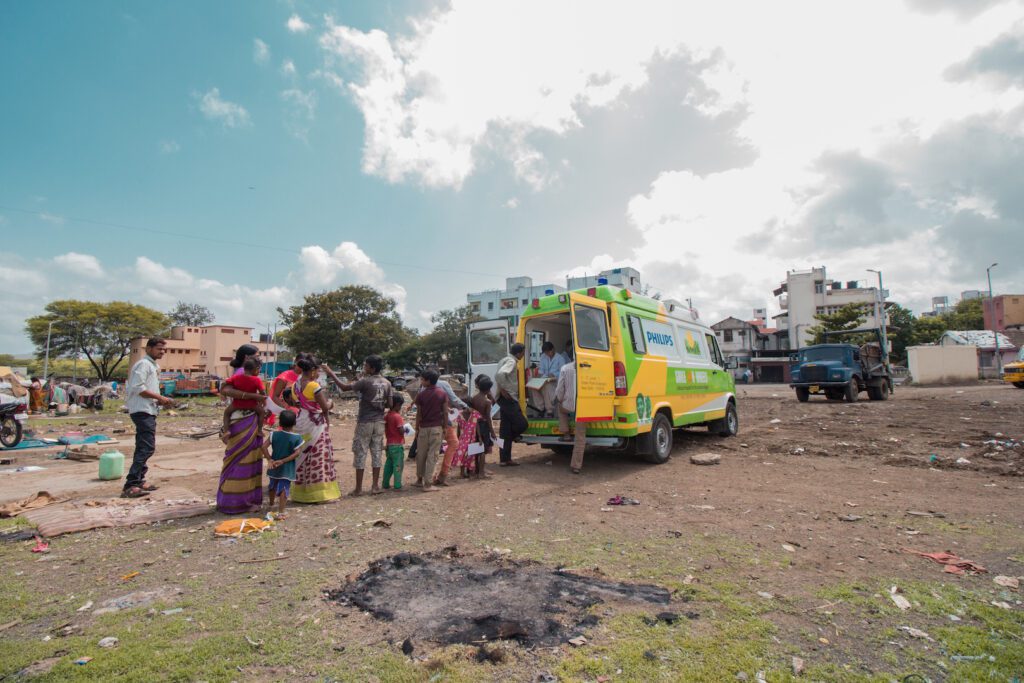
High quality care at low cost
Mobile clinics services ensure that good quality healthcare reaches to the vulnerable sections of the society. Being the first point of contact to healthcare for the underprivileged population, these services ensure better prevention and chronic disease management by spreading awareness. Reaching to the doorsteps of the deprived sections of the society, mobile healthcare ensures affordable healthcare services for one and all. Factors like financial issues, logistical constraints, transportation issues and long queues outside hospitals are things people no longer have to worry about.
Efficient healthcare delivery
A well-equipped mobile healthcare unit is capable of performing simple diagnostic tests, pre- and post-treatment care, lab testing, dental treatment and minor surgeries. Patients feel convenient to come to the mobile healthcare unit as they don’t have to travel miles. Studies have shown that mobile healthcare systems have been successful in identifying high rates of chronic ailments among the underprivileged population. This has subsequently led to improved treatment and prognosis. One of the major benefits of launching mobile healthcare units is the increase in awareness among the rural population. The rural communities are now more aware about prevention, screening, and chronic disease management.
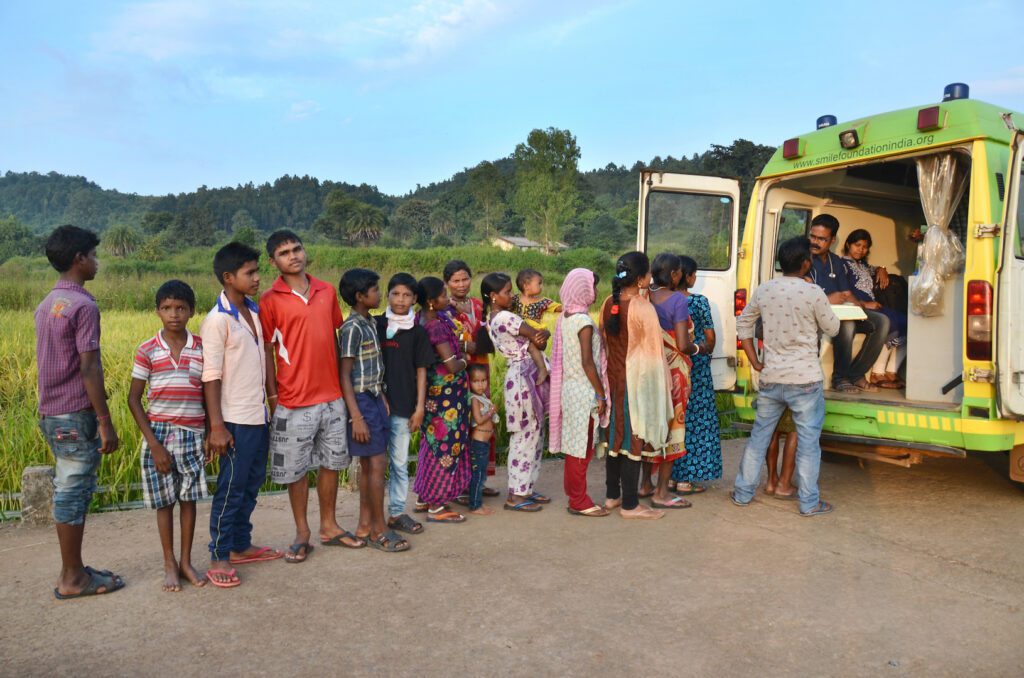
The ability to move
One of the major advantages of mobile healthcare units is their ability to move. One healthcare unit is capable of serving multiple locations and thus caters to the healthcare requirements of a significant population. In order to keep the critical services available, a mobile healthcare unit can be moved from one location to another as per the need of the hour. Mobile healthcare services are thus an excellent alternative to bridging the gap between the available healthcare and patient volume in a region.
Understanding the growing need to meet the healthcare demands of the underprivileged population, Smile Foundation continues its Smile on Wheels mobile hospital initiative. Smile on Wheels not only provides free of cost and clinically advanced healthcare services to the poor and marginalized people in the urban slums and rural villages of the country, but also ensures prevention by spreading awareness. At present, 40 Smile on Wheels mobile hospital projects are operational across 17 states of India, covering more than 800 villages and directly benefitting more than 500,000 children and families.
Given the huge population and lack of affordable healthcare, mobile healthcare needs to be made an integral part of the Indian healthcare system. It is important that healthcare reaches to one and all by overcoming the barriers of location and affordability. Mobile healthcare is capable of reforming the present healthcare delivery structure in the country by getting to the doorsteps of the needy. The urban poor population of the country is exposed to a wide range of disease causing agents and lies at the risk of facing serious health issues. Therefore, there is an urgent need to provide affordable quality health services to these citizens. Mobile healthcare is a quick and effective means by which medical care facilities can be made available to all.
To know more about Smile Foundation’s healthcare programme, please visit our website.



